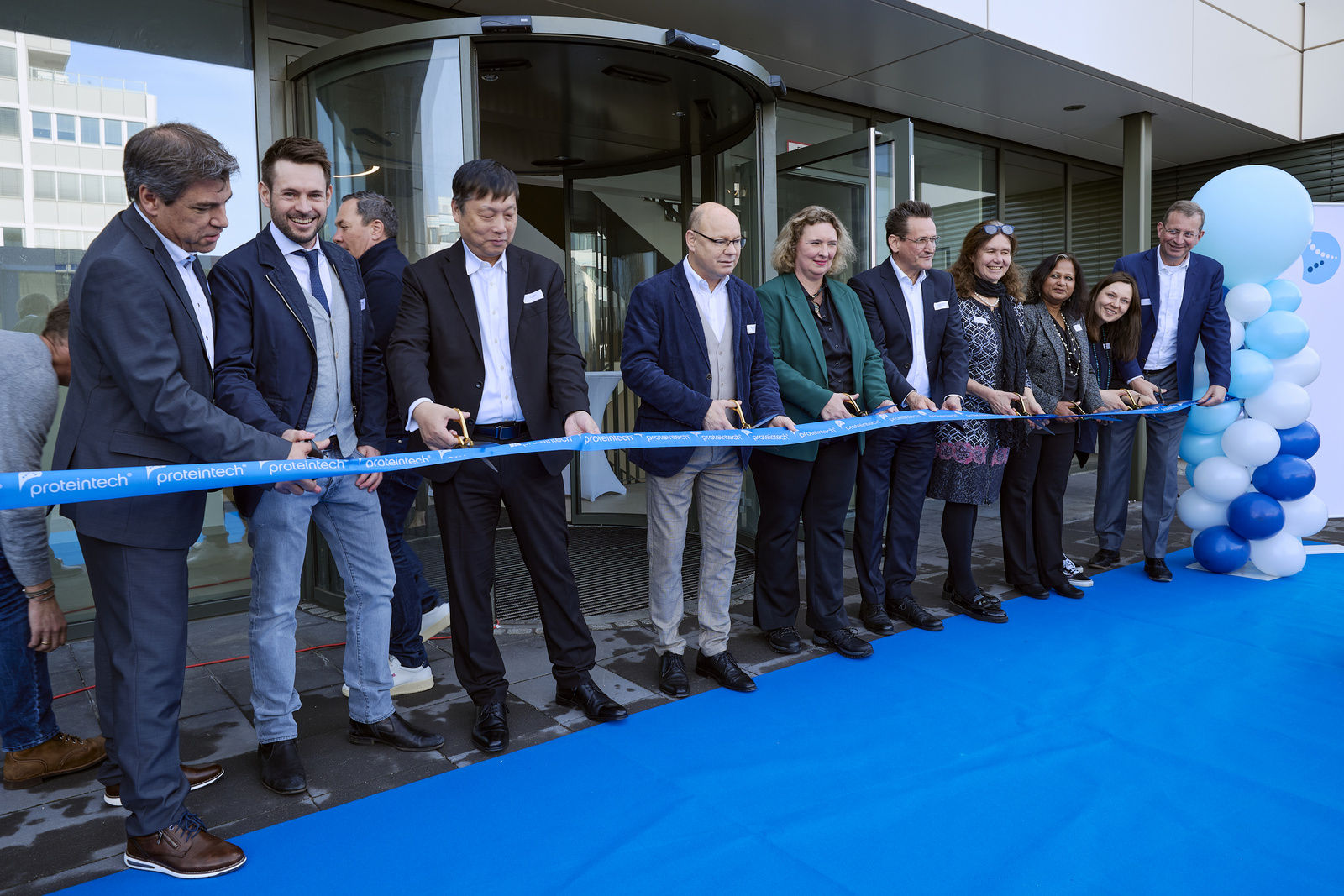- Startseite -
- Digital Bavaria -
- Blog #bytevaria - Production 4.0 in Bavaria – A strong industry thanks to digitization
Production 4.0 in Bavaria – A strong industry thanks to digitization
Smart Home has long been a familiar term for private users – but what about the Smart Factory? The Internet of Things, Big Data & Analytics, Machine-to-Machine-Communication, smart sensors: all of these technologies and many more are available to companies today and provide an unlimited potential for turning the factory of the future into a reality.
Improved service for the customer, shorter production times, declining production costs and increased reaction speed are just a few of the advantages that companies can generate when they tackle the digital challenge. By accepting the challenge, the two most important German industrial sectors automotive and mechanical engineering are expected to generate additional value-added potential amounting to 2.5 per cent and 1.5 per cent respectively per year by 2025.
Strong industry in Bavaria
Bavaria offers particularly favourable conditions for this. The very high industrial density in Bavaria predestines the state to drive the topic of Industry 4.0 in Germany. More than one-quarter of the entire value creation comes from industry, which puts Bavaria ahead of Germany as a whole as well as other major countries such as the USA, France or Great Britain; and companies from all user industries will ensure that the industrial sector will remain strong and competitive.
Bavarian companies are leading the way
The increases in turnover expected from digitization should convince even those who are most hesitant to implement a digital strategy. Numerous companies in Bavaria are showing how it's done. For example, the automotive and industry supplier Schaeffler announced a new strategic partnership with IBM in October. The goal is to drive digitization forward as part of its focus on the “mobility of tomorrow”. As a first step, the company is setting up its own Schaeffler cloud, which was launched back in October. IBM, as a technology supplier and consultant, is exactly the right partner for this project because Schaeffler not only benefits from the IT giant's know-how, but also from the close proximity to the Watson-IoT centre in Munich which opened just last year. But this is not Schaeffler's first initiative for promoting its own digital strategy: Since 2015, the “Machine Tool 4.0” project has been underway with which the company and other partners are working on networking the smart factory from sensors to the cloud.
Adidas is also testing production technologies of the future in its SPEEDFACTORY. In the factory, the sporting goods manufacturer is working on an automated one-off production in which man and robot produce sporting goods in a shared working environment. This means that consumers' desire for personalised services and products can become a reality.
Bavarian universities and research institutions are among those heavily involved in researching flexible automation concepts. For example, the RoboFill 4.0 research project conducted by the Technical University of Munich (TUM) and the Fraunhofer Institute for Machine Tools and Forming Technology (IWU), together with several Bavarian companies, focuses on the industrial provision of customer-specific beverages – a truly future-oriented project in the land of the purity law for beer.
We provide more on the topic of Industry 4.0
In the coming months, we will dedicate a number of articles to the topic of Industry 4.0 in which we provide a forum for those involved in everyday practice. In the meantime, you can find out more in our infographic and in the second instalment of #bytevaria talks with Dr. Carlos Härtel from GE Global Research and learn first-hand what makes Bavaria the ideal location for Industry 4.0 projects. And for those who would like to exchange knowledge in person can do so in the free and non-binding contact with us or on 29th and 30th November at the Production Congress in Munich. The two-day event will feature numerous keynote speeches on the most pressing issues involved in Industry 4.0.

How Companies are Mastering Today’s Challenges with Resilience

Five minutes with… Casper van het Hof, CEO IAZH GmbH

